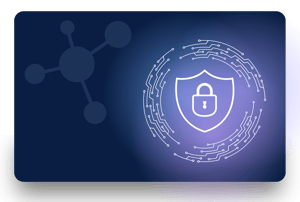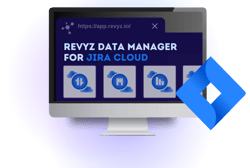How to Manage Information Security Risks in Jira in Compliance with ISO/IEC 27001
This is a partner guest-article from Atlassian Marketplace Partner experts, SoftComply
What is Information Security Risk Management?
Information security risk management is a systematic process that involves identifying, assessing, prioritizing, and mitigating potential risks that could compromise an organization’s information assets. These assets may include customer data, intellectual property, financial information, or proprietary business processes. The risk management process allows companies to maintain confidentiality, integrity, and availability of their information, protecting it from unauthorized access, modification, or destruction.
The ISO/IEC 27001 is an internationally recognized standard for information security management systems (ISMS). It provides a framework that helps companies establish, implement, maintain, and continually improve their information security risk management processes. To comply with ISO/IEC 27001, organizations must follow these key requirements:
- Risk Assessment: ISO/IEC 27001 mandates a thorough risk assessment, which includes identifying assets, evaluating threats and vulnerabilities, and assessing the potential impact. This process aids in prioritizing risks and determining appropriate controls.
- Information Security Policy: Companies must establish a comprehensive information security policy that outlines their commitment to risk management, sets objectives, and defines the roles and responsibilities of employees regarding information security.
- Risk Treatment Plan: ISO/IEC 27001 requires organizations to develop a risk treatment plan, which includes selecting and implementing controls to mitigate identified risks effectively. The plan must be tailored to the organization’s specific needs and risk appetite.


